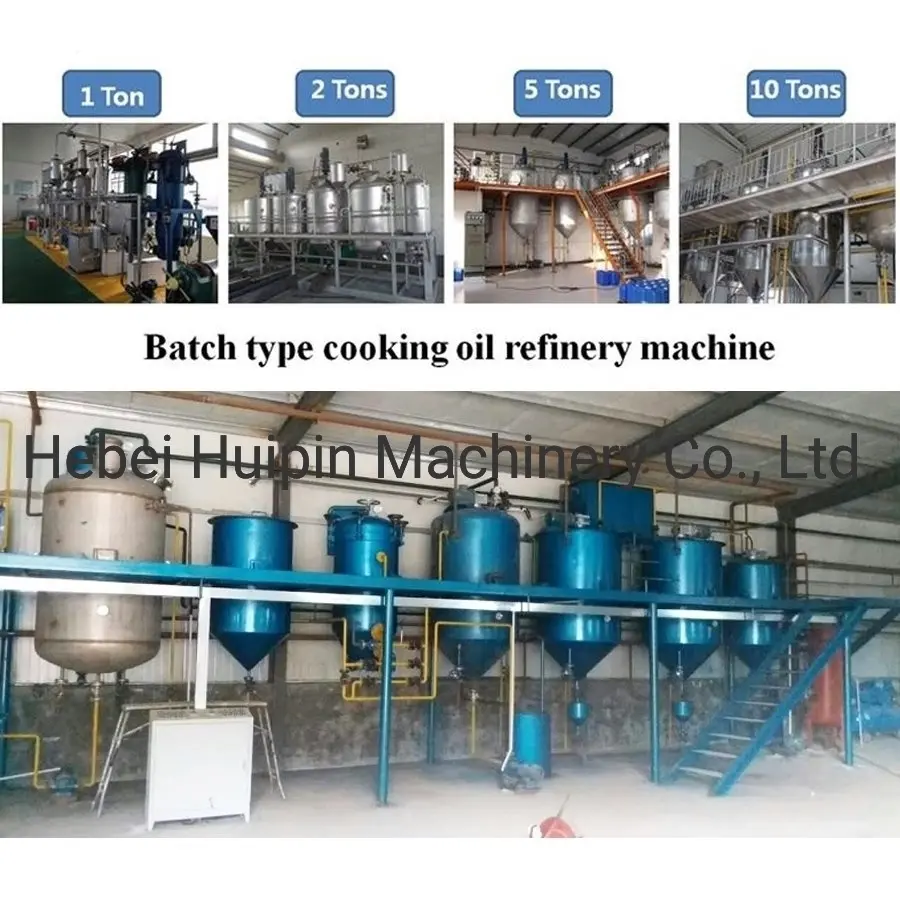Dec . 04, 2024 09:00 Back to list
best dewatering centrifuge
The Best Dewatering Centrifuge A Game-Changer in Wastewater Treatment
In the realm of wastewater treatment and materials processing, dewatering is a critical step to reduce the volume of sludge or slurry, making it easier and more cost-effective to handle. Dewatering centrifuges have emerged as one of the most efficient tools for achieving this task.
Dewatering centrifuges utilize high-speed rotation to separate water from solids, allowing for a significant reduction in the mass and volume of the material being processed. The process not only enhances the efficiency of waste management but also contributes to environmental sustainability by reducing the amount of waste that needs to be disposed of in landfills.
How Dewatering Centrifuges Work
The basic operation of a dewatering centrifuge revolves around the principle of centrifugal force. When a mixture of liquid and solids is introduced into a rotating bowl, the denser solids are forced to the outer wall of the bowl due to the force created by the rotation. As a result, the lighter liquid moves to the center and is discharged separately. This separation can achieve solid contents of up to 30% or more, depending on the type of sludge and the operating conditions.
There are two main types of dewatering centrifuges solid bowl centrifuges and disc stack centrifuges. Solid bowl centrifuges are commonly used for thicker sludges, whereas disc stack centrifuges are better suited for thinner slurries due to their enhanced separation efficiency. The choice of centrifuge type largely depends on the specific characteristics of the material being processed and the desired final product.
Advantages of Dewatering Centrifuges
1. Efficiency and Speed One of the primary benefits of dewatering centrifuges is their ability to process large volumes of material quickly. With high rotational speeds, they can achieve effective separation in a shorter time compared to traditional dewatering methods like belt presses or filter presses.
2. Energy Savings Modern dewatering centrifuges are designed to operate with high energy efficiency. Many models come equipped with variable speed drives that allow operators to optimize performance based on the specific material being processed, thereby reducing energy consumption and operational costs.
best dewatering centrifuge

3. Reduced Footprint Dewatering centrifuges typically occupy a smaller footprint compared to other dewatering technologies. This can be a significant advantage in facilities where space is limited.
4. Enhanced Solid Recovery The efficiency of the separation process means that a larger percentage of solids can be recovered. This is particularly important in industries that can utilize the recovered solids, such as agriculture, where they can serve as fertilizers.
5. Automated Operation Many modern dewatering centrifuges come with advanced automation features that allow for continuous operation with minimal human intervention. This not only increases productivity but also enhances safety in the workplace by reducing the need for manual handling of hazardous materials.
Applications of Dewatering Centrifuges
Dewatering centrifuges find applications across various industries. In municipal wastewater treatment plants, they are instrumental in reducing sludge volume before disposal or incineration. The mining industry employs centrifuges to extract valuable minerals from slurries, while the food processing sector uses them to separate liquid from waste products efficiently. Furthermore, in the oil and gas sector, centrifuges aid in the separation of drilling fluids, ensuring the recovery of valuable resources.
Choosing the Right Dewatering Centrifuge
When selecting a dewatering centrifuge, several factors should be considered, including the type of material being processed, the desired solids concentration, and the overall throughput required. It's also essential to evaluate the manufacturer's reputation, service support, and overall reliability of the equipment.
In conclusion, the best dewatering centrifuge is a vital tool in modern waste management and materials processing. With their efficiency, energy savings, and versatility, they play a significant role in promoting sustainable practices across various industries. As technology advances, the capabilities of dewatering centrifuges will continue to improve, further enhancing their contribution to efficient and responsible waste management solutions.
-
LZY-206 Twin-Screw Cold Press: Efficient Oil Extraction
NewsAug.04,2025
-
Professional Safflower Oil Press Service | AI-Efficient
NewsAug.03,2025
-
HP290 First Press Oil Expeller Machinery: Efficient Oil Extraction
NewsAug.02,2025
-
Top Food Oil Refined Unit Companies w/ GPT-4 Turbo Tech
NewsAug.01,2025
-
Premium Black Seed Oil Expeller - High Efficiency Cold Press Oil Machine
NewsJul.31,2025
-
Oil Processing Equipment - High-Efficiency Flaking Machine
NewsJul.25,2025
